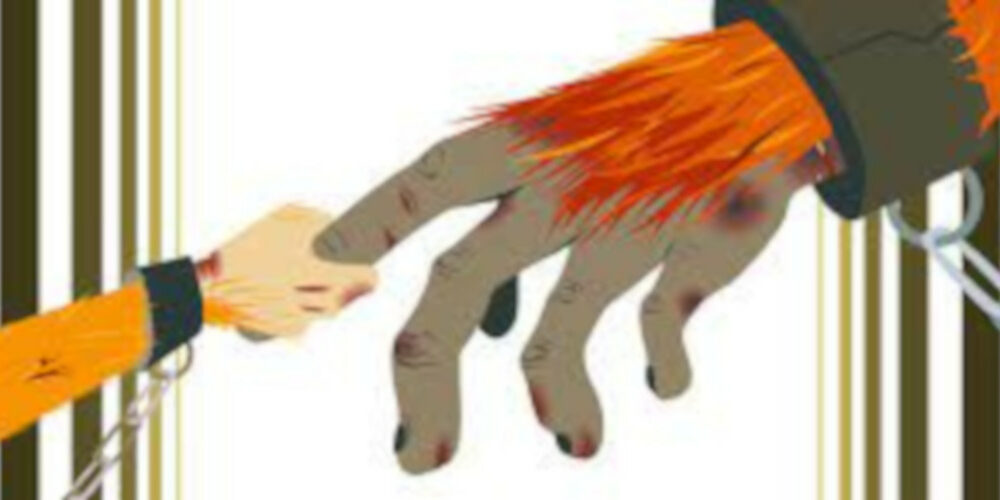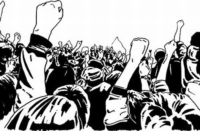The World Health Organization has confirmed that the most likely source of covid-19 was transmission from bats to humans through another animal. This means that it is just the latest in a long list of viruses that have been passed from other animals to humans.
As the relentless destruction of our natural world for the profit of a tiny minority continues, these viruses are only increasing in frequency and severity. This is no mere coincidence. If we are to prevent further pandemics, as well as to tackle the substantial role animal agriculture plays in global warming and climate change, then we need to reshape our relationship with other animals.
After all, animals are trapped within the capitalist system like the rest of us and are similarly seen by capitalists as nothing more than expendable commodities. Animals are exploited, oppressed, and brutalised, forcibly impregnated and selectively bred to maximise profits, thereby perpetuating the endless cycle of violence.
Many breeds of domesticated animals have inherited serious health issues from human interference. For example, farmed hens have been bred to produce up to three hundred eggs annually, rather than the one or two clutches they would produce in the wild. This constant strain of egg-laying causes enormous internal damage and results in painful and disabling conditions.
When we talk about animals we lump together a vast number of incredibly diverse species into one large homogeneous group, and separate our own species from this group. However, humans are also animals; and if we regard ourselves as distinct and superior to all other species this asserts that humans exist outside the natural world, and that we are entitled to complete dominion of the land and all other living beings.
Such chauvinistic reasoning is rooted in religious dogma and has been similarly used to justify countless atrocities inflicted on other humans throughout history.
Animal agriculture was born out of necessity by our ancestors thousands of years ago to supplement diets during times of scarcity. Nowadays many farms have been turned into intensive factories, and animals have been transformed into machines, so much so that we now have an overabundance of what we need. A third of the food we produce goes to waste; yet millions of people die from hunger every year.
A third of the crops we grow are used to feed the animals we eat. These animals produce only a small fraction of food, compared with the amount it takes to feed them. This is more than inefficient. We have progressed beyond the need for animal agriculture, but because the capitalist system is incapable of equitable distribution it is also incapable of the radical change that is needed. Any change that risks a loss in profits for the ruling class will be actively opposed.
Despite the scientifically proven damage caused by animal agriculture, most of the income for farmers in the sector is heavily subsidised. Yet even with these subsidies many farmers are struggling to make ends meet. At the same time these farmers have conveniently become the scapegoats for the climate change issue, though there remains no incentive for them to divest from animal agriculture. These farmers need support to transition away from animal agriculture.
The magnitude of this task cannot be overstated. Many farms have been handed down from generation to generation; but for the sake of future generations we need a shift towards a sustainable model, and this cannot be achieved under the capitalist system.
The rise of veganism has raised valid moral questions about animal rights and human-animal relations in general; but the philosophy of veganism will always fall short under capitalism, because capitalism is fuelled by the exploitation of humans and animals alike. And so what could have been a radical social movement has been predicatively consolidated by the capitalist system and has been reduced to an individualised consumer activity.
If we are to build a better future not just for our own species but for all who live on this planet then capitalism must be our primary target. If we fail to destroy capitalism then we will fail to save the planet and all who live on it.






